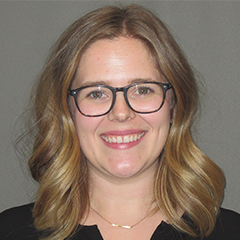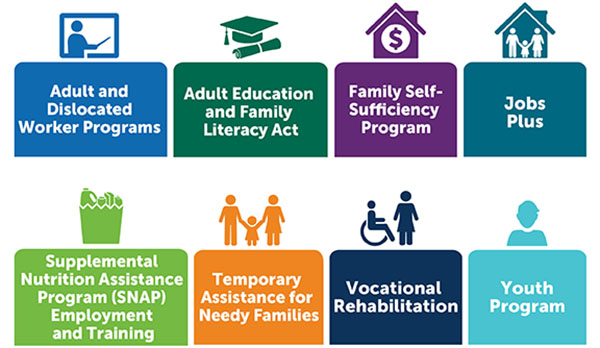Kara Conroy is a senior researcher in the Learning & Strategy function who supports practitioners and federal and foundation partners to use evidence to make decisions and strengthen their practice.
She is an experienced project leader who focuses on formative, qualitative, and implementation research and evaluation technical assistance in K–12 education, two-generation programming, postsecondary education, and workforce development.
Conroy is the deputy project director and strategy lead for the Middle Years Math project for the Bill & Melinda Gates Foundation. In this role, she leads teams of experts to provide evaluation technical assistance to grantees. This technical assistance supports grantees in using an iterative approach to evaluation and deeply engaging communities in co-developing their program, product, or practice. The approach is designed to generate timely evidence and, ultimately, to advance the foundation’s goals of improving math outcomes for students who are Black, Latino, or experiencing poverty. Conroy is also leading an effort for the Administration for Children and Families to develop a new measure of mutual reinforcement in two-generation programming, a key outcome in the two-generation change framework that will support future evaluations and build knowledge across the field.
In other projects, Conroy has developed expertise around adult and caregiver reengagement in higher education and training, best practices for designing engaging technical assistance, opportunities to align performance indicators in a wide range of programs that support economic independence, professional labor shortages, maternal and infant home visiting programs, and longitudinal outcomes for Harlem Children’s Zone students.
Conroy, who joined Mathematica in 2014, holds an M.S. in applied economics from Johns Hopkins University.


